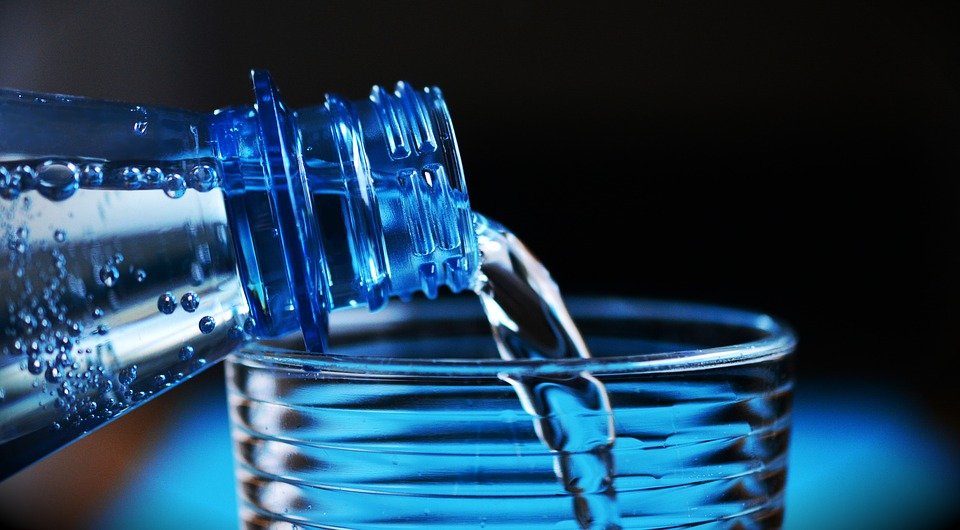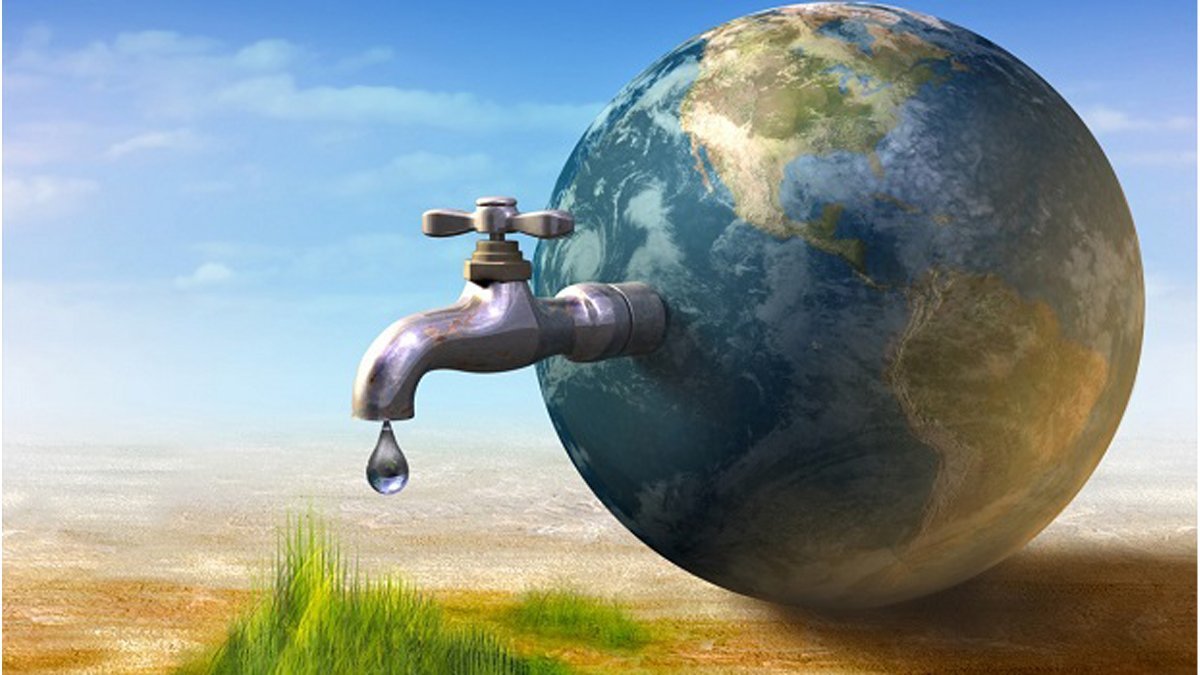Most doctors and experts advise people to drink an acceptable amount of water on a daily basis because of the benefits it brings to the body.
However, many people do not drink the daily required amount of water because they do not like the taste.
Jordan Mazur, a San Francisco-based professional sports dietitian and nutritional consultant for the beverage company Hint Water, has come up with tastier alternatives for those who don’t like to drink water, reports fikrikadim, citing Fox News.
“Water is undoubtedly the best choice for hydration, but there are other healthy alternatives,” Mazur said.
What to drink as an alternative to water?
Herbal teas, especially those without caffeine, can contribute to daily fluid intake.
Mazur pointed out that coconut water is another good option that can be beneficial for rehydration due to its electrolyte content;
Milk, both dairy and plant-based alternatives, provides essential nutrients such as calcium as well as fluid intake.
Another option is to make it more appetizing by adding some tasty ingredients to the water.
“If you think water can sometimes be flavorless, try adding slices of fruit such as cucumber, lemon or strawberries or a light vitamin supplement to provide this,” Mazur said.
In addition, there are ready-to-drink alternatives that add natural flavor to water without added calories or artificial sweeteners.
What are the drinks to avoid?
Mazur warned that alcoholic and sugary drinks, including soda and juices with added sugar, are not alternatives to water.
“Although they contribute to fluid intake, they can have negative health effects, including weight gain and increased risk of metabolic disorders due to their high sugar content,” the sports dietitian said.
Mazur emphasized that caffeinated drinks such as coffee and some teas can have a diuretic effect, potentially leading to increased fluid loss.
The importance of hydration
Maintaining the body’s required water and electrolyte levels at a certain level to support performance is called hydration.
Mazur, who works with high-performance athletes, made the following assessment on this subject;
Proper fluid intake is an essential part of our daily nutrition plan to replace fluids lost during exercise and ensure proper recovery.
“Water plays a crucial role in digestion, nutrient absorption, temperature regulation and waste elimination. Adequate hydration ensures optimal organ function and overall well-being.”
Warning signs of dehydration
The condition of not having enough fluid in the body, which occurs when the body loses more fluid than it takes in, which prevents the body from functioning properly, is called dehydration.
Mazur said common signs of dehydration are dark yellow urine, dry mouth, headache, dizziness and fatigue.
“In addition, lack of sweating, decreased urine and increased heart rate during physical activity can be indicators of dehydration. It is very important to pay attention to these signals and increase fluid intake accordingly.”
Dehydration can impair cognitive function and physical performance and can even lead to serious health problems, the expert pointed out.
How much water should we drink?
“Watching the color of your urine is also helpful, light yellow usually indicates proper hydration,” Mazur said, adding that the general rule is to follow the body’s signals.
Stating that fluid intake needs may also vary according to different factors such as physical activity levels, environmental conditions and health status, the expert continued with the following statements;
For example, during exercise, especially in hot or humid environments, individuals lose fluids through sweating, which increases the need for fluid intake to maintain optimal performance and prevent dehydration. Similarly, during illnesses with fever, vomiting or diarrhea, the body loses fluids more rapidly. More fluids are needed to compensate for these losses and to support recovery.
“It is recommended to drink fluids regularly throughout the day, even if thirst is not felt,” Mazur said, recommending drinking about 8 glasses of water a day.
Mazur also warned against drinking too much water: “Excessive water intake can lead to a condition called hyponatremia, where low levels of sodium in the blood can be harmful. Listen to your body and find a balance that works for you,” Mazur advised.





